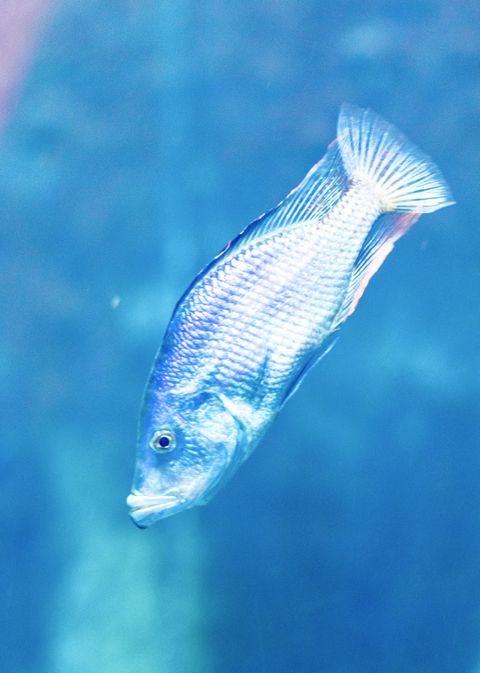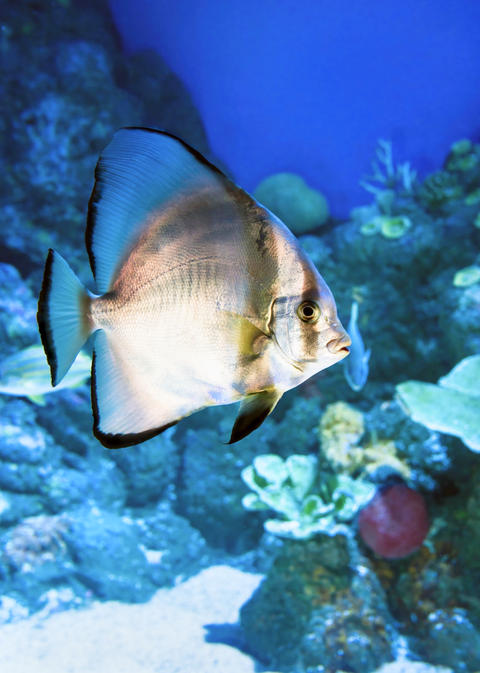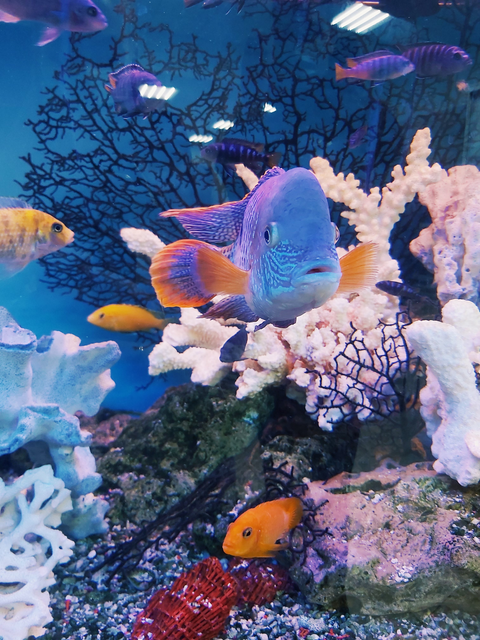even experienced aquarists can fall into common pitfalls. Here are some of the most frequent mistakes to watch out for and how to avoid them:
-
Overfeeding: Overfeeding is one of the most common issues. Excess food decays in the tank, leading to poor water quality and algae growth. Feed your fish small amounts they can consume in 2-3 minutes, and remove any uneaten food promptly.
-
Skipping the Nitrogen Cycle: Adding fish to an uncycled tank can lead to deadly ammonia and nitrite spikes. Always cycle your tank by establishing beneficial bacteria before introducing fish.
-
Overstocking the Tank: Adding too many fish at once or exceeding the tank's capacity causes stress, aggression, and water quality issues. Research the needs of each species and follow recommended stocking guidelines.
-
Incompatible Tankmates: Mixing aggressive and peaceful species or fish with different water parameter requirements can result in stress and injury. Ensure compatibility before introducing new fish.
-
Neglecting Regular Water Changes: Skipping water changes leads to the accumulation of harmful toxins. Perform weekly partial water changes (10-20%) to keep your tank clean and healthy.
-
Poor Water Testing: Failing to test water parameters like pH, ammonia, nitrite, and nitrate can result in unnoticed imbalances. Use reliable test kits regularly to monitor your tank's health.
-
Improper Lighting Duration: Leaving aquarium lights on for too long promotes algae growth. Aim for 6-8 hours of light daily, and consider a timer for consistency.
-
Using Tap Water Without Treatment: Tap water often contains chlorine and heavy metals that are harmful to fish. Always use a water conditioner to neutralize these elements.
-
Ignoring Equipment Maintenance: Dirty filters and malfunctioning heaters can compromise your tank's environment. Clean and inspect equipment regularly to ensure optimal performance.
-
Rushing the Process: Patience is key in aquarium keeping. Avoid making drastic changes or rushing to add fish. Take your time to establish a stable and balanced ecosystem.
By avoiding these common mistakes, you can create a thriving and stress-free environment for your aquatic life, ensuring a rewarding aquarium experience





Comments (0)
There are no comments for this article. Be the first one to leave a message!